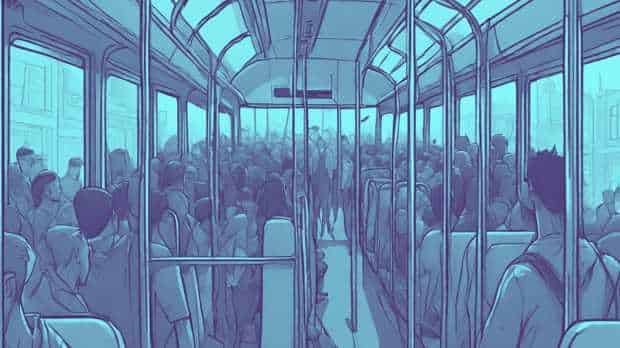The space around your body, (‘peripersonal space’, to all you neuroscientists) has always been seen as having a gradual boundary. New research into the link between anxiety and personal space has now shown real physical limits to the space. The boundary of the ‘peripersonal space’ surrounding the face as 20-40cm away (about 8-16 inches). Also,…
Category: Psychology
Will That Sugar Rush Help You Get Stuff Done?
That afternoon candy bar may not be necessary if you’re trying to finish a tough task. Believing you have the willpower can do the trick, researchers say in a new study. “The dominant theory about willpower is that it’s easily depleted and depends on a consistent supply of glucose from the outside,” says Carol Dweck,…
Does Volunteering Benefit your Mental and Physical Health?
Survey says… Yes. Volunteering can improve mental health as well as help you live longer, finds a large meta-analysis from University of Exeter Medical School. Gathering and comparing data from multiple experimental trials and longitudinal cohort studies, researchers found about 20 per cent reduction in mortality among volunteers compared to non-volunteers in cohort studies. The…
Our Cells Respond Better To Happiness Based On Sense Of Connectedness And Purpose
Not all happiness is equally good for you, and our bodies know it at a molecular level. According to new research from the University of North Carolina at Chapel Hill, the sense of well-being we get from a noble purpose may give cellular health benefits, but simple self-gratification might have negative effects, in spite of…
How We Learn Under Stress
When someone has to learn new knowledge under stress, the brain uses unconscious rather than conscious learning processes. Now, neuroscience researchers at the Ruhr-Universität in Germany have found out that the switch from conscious to unconscious learning systems is triggered by the functioning of mineralocorticoid receptors. The receptors are activated by stress hormones released by…
Does Materialism Cause Loneliness?
When you get depressed do you go shopping? Loneliness can make you greedy and materialistic, but does it work the other way around? A researcher at Tilburg University in the Netherlands studied 2,500 consumers over 6 years and recently published a paper on the subject, so now we know the answer. “It is widely believed…
How our Brains “Hear” Inner Speech
Most people hear themself speak even if they’re not saying words out loud. They could be reading the paper or thinking through their schedule for the day. This internal the monologue you “hear” inside your head is an ever-present but still unexamined phenomenon. A new study examines a possible brain mechanism that could explain how…
Teen Drivers Brains Reward Risky Behaviour, Except When Mom Is There
How adolescent brains negotiate risk, and the factors that modulate their risk-taking behind the wheel, are revealed in a new study of teenagers and their moms. In the study, 14-year-old volunteers completed a simulated driving task while researchers tracked blood flow in their brains. In one trial, the teen driver was alone; in another, the…
Why Dulled Emotions Could Save You Money
Your feelings about something and the value you put on it are calculated similarly in a specific brain region, Duke University scientists have discovered. The region is a small area right between the eyes at the front of the brain. It’s called the ventromedial prefrontal cortex, or vmPFC for short. Scott Huettel, director of Duke…


